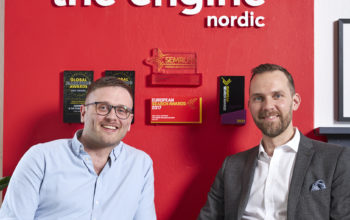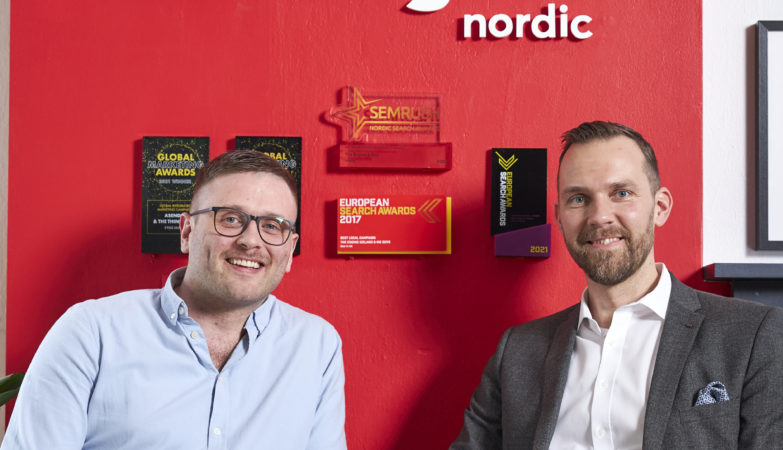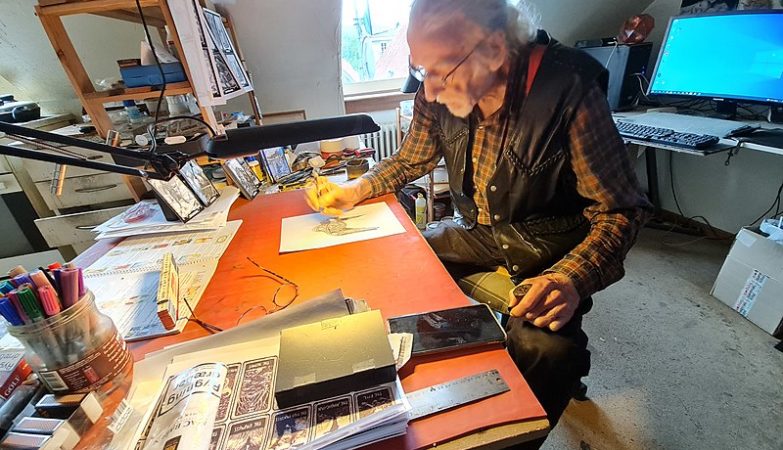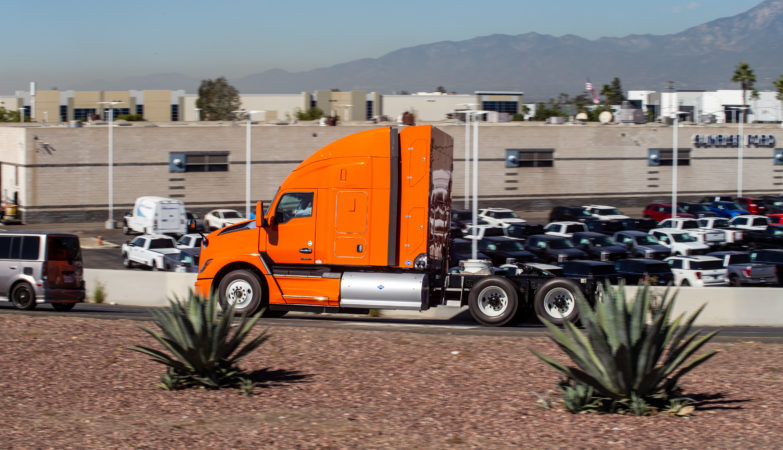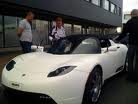 Electricity and biofuels are quickly changing the way people power their cars while also having a positive effect on people’s finances and the environment. The leadership role of the Nordic countries of Sweden, Norway, Denmark, Iceland and Finland in this field are highlighted at the upcoming Driving Sustainability conference in Reykjavík in September.
Electricity and biofuels are quickly changing the way people power their cars while also having a positive effect on people’s finances and the environment. The leadership role of the Nordic countries of Sweden, Norway, Denmark, Iceland and Finland in this field are highlighted at the upcoming Driving Sustainability conference in Reykjavík in September.
In Norway, over three thousand electric cars are on the road. Government policy dictates that charging their batteries is free of charge, zero emissions EVs get free parking, can drive on bus lanes in the city, get free rides on state run ferries (there are a lot of them in Norway) and there is no VAT on electric cars in Norway, so they’re reasonably priced. ‘Think’ is the leading producer of competitive electric city cars in the world. In addition, Norway produces the tiny Buddy EV electric car.
Sweden is the world leader in using biogas for vehicles and many taxis and buses have been running on biogas and ethanol since 1996 and the biogas business continues to boom in Sweden.
The country’s carmakers are also technological leaders, with Volvo in a joint venture with energy company Vattenfall on getting plug-in hybrids on the market by 2012 and Scania already testing six hybrid ethanol buses on the streets of Stockholm.
In Denmark, Better Place is working with Dong Energy on setting up charging infrastructure for electric cars to be powered with electricity from the country’s many wind mills.
Finland is a leader in biodiesel production and also home to Valmet Automotive which is taking over the production of Norway’s Think this year, and is also the producer of the exciting Fisker Karma luxury plug-in hybrid.
Iceland is the world leader in renewable energy with 80 percent of its energy consumption from renewable hydro and geothermal sources. The tiny island nation has been testing hydrogen cars and buses for years. Last year Iceland signed an agreement with Mitsubishi Motors Corporation and Mitsubishi Heavy Industries on fleet testing of the electric i-MiEV and the development of service network for such cars. Following Iceland’s economic collapse in 2008, the Icelandic Government has been working on a holistic energy policy with the aim of domestically produced renewable energy taking over from imported fossil fuels.
More details on these issues and the Driving Sustainability Conference in general are available at www.drivingsustainability.org

